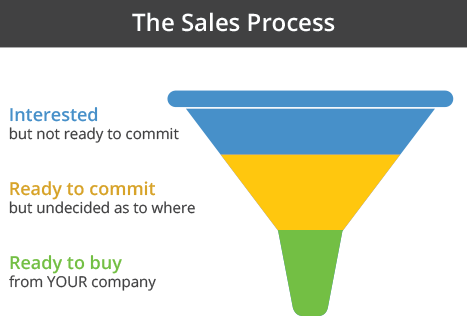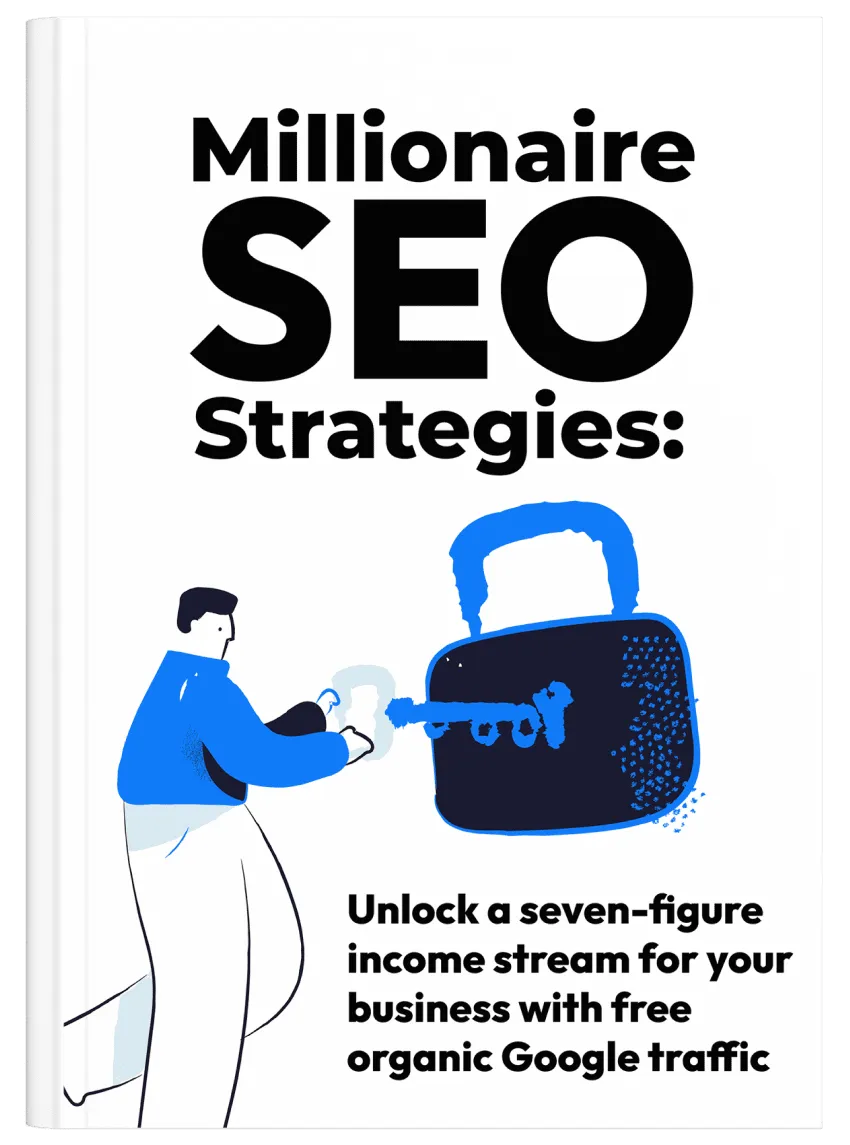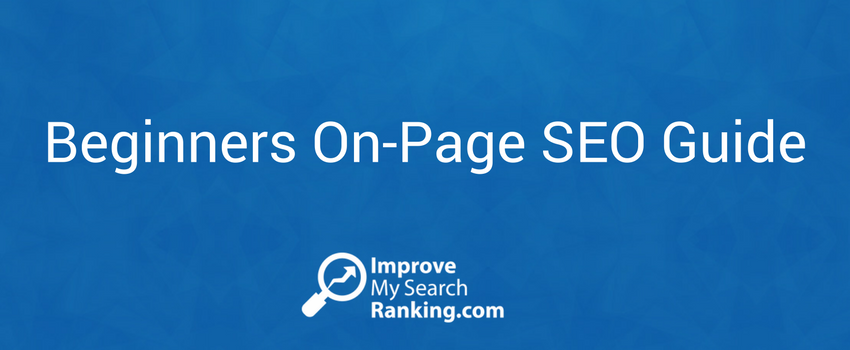
How to organise keywords for an SEO campaign
Keyword research, organisation, and implementation are crucial steps for any SEO campaign. Most content marketers and search engine professionals, however, only focus on keyword research and implementation.
They find keywords they want to target and start creating content around those keywords. Consequently, they completely ignore one important aspect: the organisation of keywords.
Why is keyword organisation important?
Keyword organisation is important because it gives you a more holistic view of your SEO campaign. This small step can also give you detailed information regarding keyword difficulty, quality score, relevance, and you can also find many more long-tail keywords by properly organising keywords.
Most importantly, properly organising keywords can also help increase the potential profitability of your SEO campaigns, because it helps with aligning keywords as per the different stages of the sales funnel on your site.
How to organise keywords
After the initial keyword research, keywords should be organised after considering two important factors:
- The different stages of sales funnel on your site
- Semantically related keyword topics
Let’s discuss each of these factors in more detail:
1. Sales funnel
A sales funnel generally refers to a consumer-focused marketing model that demonstrates the theoretical customer journey as he/she moves towards completing the transaction, i.e., the purchase of a good or service.
As you can imagine, not everyone visits a landing page and buys the product right away. Conversion is usually a multi-step process that may require visiting multiple pages on a web site.
With the help of different types of keywords and content, content marketers qualify potential leads and convert them into paying customers.
Each business may have a different sales funnel, depending on its niche, requirements, and target audience. However, generally, a sales funnel has three stages:
- Awareness
- Research
- Decision
Each stage represents something different about the potential customer and her mindset.
The idea is to identify different keywords for each stage of the sales funnel and organise them accordingly.
Each stage of the sales funnel requires careful consideration and different types of keywords. For example:
The Awareness stage represents the top of the funnel content (TOF). It is a very early stage at which the potential customer presumably hasn’t made any buying decision. She is still gathering information and learning how to define the problem. This stage, therefore, includes very basic keywords, “how to become a truck owner operator”. At this stage, you will be able to include relevant long-tail keywords that are primarily informative.
The Research stage is when the searcher has acquired some information and is now using more technical language and jargon in her search query. This stage represents the middle of the funnel content. During the research stage, the searcher is researching different possible solutions and assessing different feature sets. For example, “Does the FMCSA’s ELD mandate apply to long-haul owner operators?”
The Decision stage, which requires bottom of the funnel content, represents a stage just before the final purchase of the product or service. At this stage of the sales funnel, the searcher has identified her needs and made a buying decision. She would now be conducting brand searches, comparing different price points, and making a final decision about which company or brand to give with. For example: “Best ELD for owner operator KeepTruckin or Omnitracs”
As we just discussed, each stage of the sales funnel represents a deep insight into the consumer’s mindset. Each stage, therefore, should have different keywords and content, and keywords should be grouped by the different phases of the buyer’s journey.
2. Semantically related keyword topics
Another idea is to group semantically related keywords. You can do this separately or in conjunction with organising keywords by sales funnel stages.
What are semantic keywords?
Semantically related keywords are simply words or phrases that are related to each other conceptually. For example, iOS, MacOS, iPad, iPhone, Apple, Steve Jobs, Tim Cook, are all semantically related.
Search engines identify relevant keywords and content topics with the help of semantically related keywords. For instance, if you use iOS, iPad, and iPhone in a blog post, Google would be better able to understand that you are talking about Apple Inc. and not the fruit.
The idea is to shortlist the topics and keywords you want to write about. Then come up with a bunch of semantically related keywords and keyword phrases to include in your content.
If your blog post is excellent, you would also be able to rank for those LSI keywords, in addition to the main keyword.
You can use tools like LSI Graph and LSI Keywords to find many semantically related keywords. Then group and organise them together.
Conclusion
Keyword organisation can not only help you find more keyword ideas, but it can also increase the profitability of your SEO campaign by being more targeted.
Use the two techniques mentioned in this article to organise your keywords for an SEO campaign. If you have any questions, feel free to let us know.









